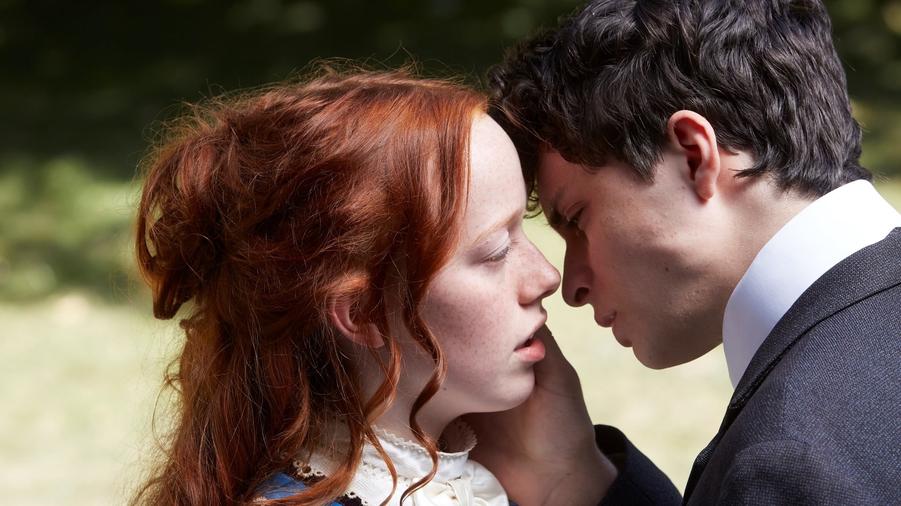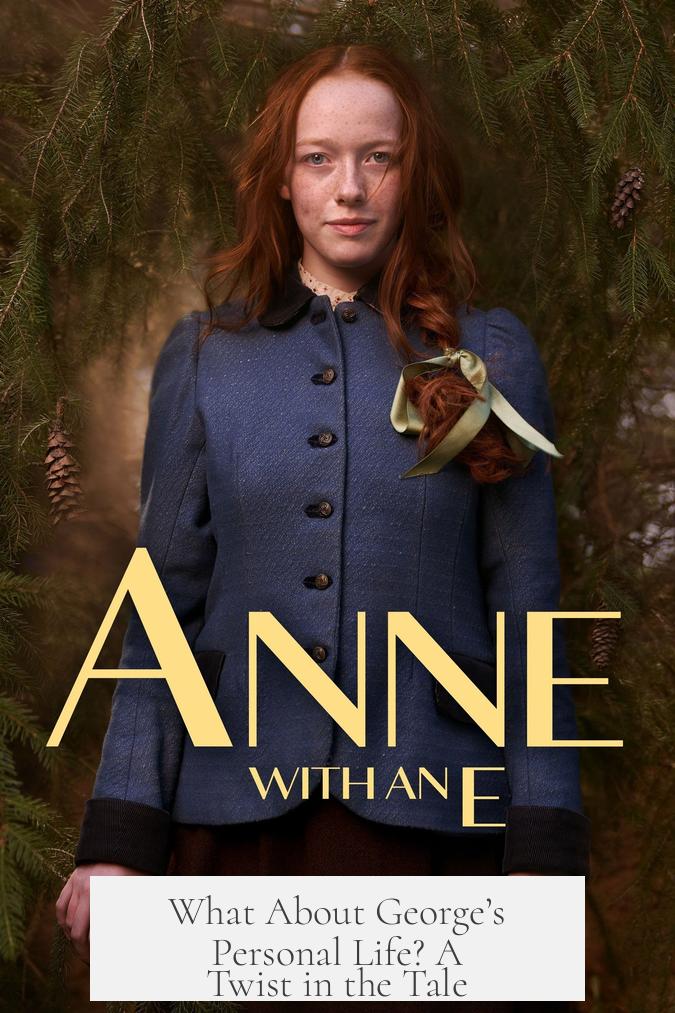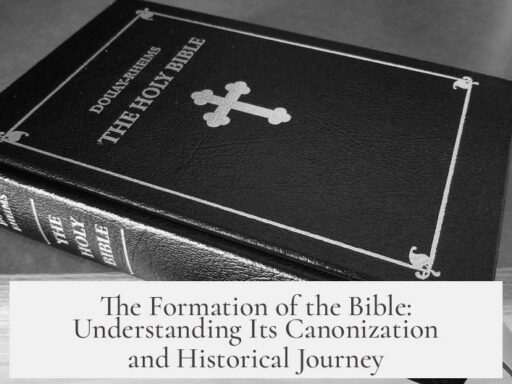The accusation that Anne Boleyn slept with her brother George Boleyn lacks solid historical evidence and is widely regarded as a politically motivated charge used to justify her arrest and execution for treason. The incest allegation remains one of the most contentious and debated aspects of Anne Boleyn’s downfall in 1536. It is important to separate fact from politically charged fiction when examining this claim.
During her trial, Anne faced multiple charges, including adultery, incest, and treason. However, the trial itself was marked by a distinct lack of concrete evidence. The accusations were largely based on hearsay, confessions extracted under duress, and testimony from biased or questionable sources. Those who reviewed the proceedings agree Anne did not receive a fair trial. The incest accusation in particular rests heavily on the testimony of George Boleyn’s estranged wife, Lady Jane Rochford.
Lady Jane’s testimony implicated George in incestuous relations with Anne, but this is problematic for several reasons. She was later executed by Henry VIII for her involvement in scandal related to another of Henry’s wives, Catherine Howard. This fact raises questions about the reliability and possible motivations behind her testimony against George. Moreover, no specific dates or concrete details accompanied her accusations, making it impossible to verify their accuracy.
Contemporary observers doubted the truth of the incest claim. The Imperial ambassador Eustace Chapuys noted that while people welcomed Anne’s execution, many murmured about the questionable procedure. The historian John Foxe famously dismissed the accusation as “contrary to nature,” stating it was unbelievable. Anne’s first biographer, George Wyatt, considered the idea “impossible,” and historian George Constantyne recorded widespread public dissent and rumors of injustice.
Historians today remain divided on the matter. Some, such as David Starkey and Eric Ives, suggest that the charges were fabricated as part of a political plot against Anne. Others entertain the possibility that Henry VIII and his adviser Thomas Cromwell engineered the accusations to achieve a political end. This theory, known as “The Cromwell Conspiracy,” posits that Cromwell orchestrated Anne’s downfall to protect the king and facilitate his remarriage plans. However, definitive proof for this plot remains elusive.
King Henry VIII’s primary motivation was securing a male heir. Anne bore only one surviving child, Elizabeth I, and suffered three miscarriages. Henry’s desperation to find a son spurred him to remove Anne from power. Accusing her of adultery and incest was a convenient way to undermine her reputation and justify execution. Additionally, by alleging adultery, Henry deflected potential blame for any deformities in their unborn children, including miscarriages.
It was politically expedient for Henry to claim Anne committed such crimes. Divorce was unpopular and complicated, given the break with the Catholic Church. Executing Anne simplified the problem and cleared the way for Henry’s next marriage. Many scholars argue that to maintain the monarchy’s stability and continuity, the charges served the crown’s needs more than the truth.
In summary, the incest accusations against Anne Boleyn serve as a prime example of Tudor-era political maneuvering. They lack substantial evidence and were likely fabricated or exaggerated to remove her from court and silence dissent. The trial’s dubious fairness, unreliable witness testimony, and contemporary skepticism all point to a politically motivated charge rather than a historically verified fact.
- The incest charges against Anne lack concrete evidence and rely on questionable testimony.
- Contemporary critics and historians find the accusations improbable or impossible.
- Henry VIII needed to remove Anne for political and dynastic reasons.
- The charges helped justify Anne’s execution and allowed Henry to remarry.
- The “Cromwell Conspiracy” theory suggests a political plot but remains unproven.
How Historically Accurate Is That Anne Boleyn Slept with Her Brother George or Was It Used to Have Her Arrested for Treason?

In short, the claim that Anne Boleyn slept with her brother George is almost certainly false—it’s widely considered a politically motivated accusation with no solid evidence behind it. But if history taught us one thing, it’s that sometimes truth is stranger than fiction… and most of the time, messier. So, how did this bizarre accusation even come about? Let’s unpack the tangled threads of Tudor political intrigue, shadowy trials, and gossip that shaped this scandal.
First up, the accusation itself. Back in 1536, Anne Boleyn, Queen of England and second wife of King Henry VIII, was arrested and charged with treason. Alongside other allegations of adultery, incest with her brother George was one of the most shocking claims leveled against her. But here’s the kicker: there’s no concrete evidence supporting this incest charge whatsoever. The so-called proof came from coerced confessions and testimony that wouldn’t pass any modern truth test.
Unpacking the Trial: No Evidence, Just Accusations
The trial was pretty much a kangaroo court by today’s standards. The main witness against George Boleyn was his estranged wife, Lady Jane Rochford, who later herself was executed. Imagine that! The reliability of her testimony is highly questionable, given the political chaos and her grim fate. And although George was convicted, no specific dates or direct evidence of incest were ever produced.
In fact, those accused confessed after torture, which throws any supposed admissions right out the window. Torture is a terrible way to get truthful answers. Instead, it produces random pleas that often satisfy persecutors. Both Anne and George had no real opportunity to defend themselves properly.
Contemporary Doubts: Even Back Then, People Said “Nah”
Even those living through the period expressed strong skepticism about these scandalous claims. Eustace Chapuys, the Imperial ambassador, noted that while many rejoiced at Anne’s execution, others doubted the methods of her prosecution. John Foxe, a Protestant historian, bluntly stated that incest was so contrary to nature that no sane person would believe it.
Anne’s first biographer, George Wyatt, called the charges “impossible,” and contemporary murmurs suggested the accusations were politically motivated rather than factual. If those close to the event doubted the accusations, why would modern historians accept them at face value?
Henry VIII’s Motives: A Convenient Excuse
Henry VIII’s main goal was straightforward: he wanted a male heir. Anne had given birth to a daughter, Elizabeth, and suffered multiple miscarriages. The king was under enormous pressure to produce a son to avoid another War of the Roses, the bloody English civil wars that plagued the 15th century.
Killing Anne was the quickest way for Henry to end this frustrating chapter and marry again. Allegations of adultery—and in this case, incest—served as a convenient cover story. It diverted public blame from the king’s inability to sire a healthy male child (which historians now often attribute to Henry’s own health issues).
There’s also the intriguing theory called the “Cromwell Conspiracy.” Thomas Cromwell, Henry’s chief minister, may have orchestrated the entire affair to save himself and expedite the queen’s downfall. Renowned historians like Eric Ives and Claire Ridgeway suggest this possibility, though it remains unproven.
What About George’s Personal Life? A Twist in the Tale

As a sidenote, some historians speculate about George Boleyn’s sexuality. There are hints that he might have been homosexual, which adds another layer of complexity. If true, the incest accusation would be even less believable since it conflicts with this portrait.
Lessons from History: Why We Should Stay Skeptical
This scandal reminds us how political machinations can reshape history. Anne Boleyn’s fate was sealed not by proven crimes, but by Henry VIII’s desperation and the intrigue of the Tudor court. The incest story is likely a smear campaign—a simplistic answer to a complicated problem.
When we study history, it’s essential to ask: *Who benefits from this rumor?* Here, Henry definitely did. By accusing Anne of incest, the king avoided public sympathy for a queen who failed to deliver a male heir and justified his harsh actions.
So, should you believe that Anne Boleyn slept with her brother? Almost certainly not. The charges were part of a calculated plot to remove her. This case highlights how dangerous it is to accept accusations without evidence, especially when courts were unfair and torture was routine.
What Can We Take Away?
- Historical evidence on Anne’s incest with George is **absent** and filled with doubt.
- The trial relied on coerced confessions and questionable testimonies.
- Contemporary figures and many historians dismiss the incest claim as implausible.
- Henry VIII’s motives were political and dynastic, focused on producing a male heir.
- The allegations served as a useful cover for Anne’s execution and Henry’s remarriage plans.
In the end, the story of Anne Boleyn and George is less about incest and more about the ruthless chess game of Tudor politics. It’s a stark reminder that history often wears a mask, and the truth sometimes lies hidden beneath layers of intrigue, rumors, and power plays.
Was Anne Boleyn truly guilty of incest with her brother George?
There is no concrete proof that Anne Boleyn committed incest with her brother. The charges were mainly accusations without solid evidence. Historians disagree and many doubt the claim’s truth.
Why was Anne Boleyn accused of incest and adultery?
Henry VIII wanted to end his marriage to Anne quickly. Accusing her of adultery, including incest, was an easy way to justify her arrest and execution.
How reliable was the testimony against George Boleyn?
The key witness against George was his estranged wife, Lady Jane Rocheford. Her testimony is questionable since she was later executed for involvement with Catherine Howard.
Did people at the time believe Anne Boleyn’s incest accusations?
Many contemporaries found the charges hard to believe. Figures like Eustace Chapuys and John Foxe expressed doubt and disapproval of the accusations and trial.
Could political motives have influenced Anne’s arrest?
Yes, Henry VIII needed a male heir and wanted to remarry. Removing Anne cleared the way without blaming him for miscarriages or a deformed child.




